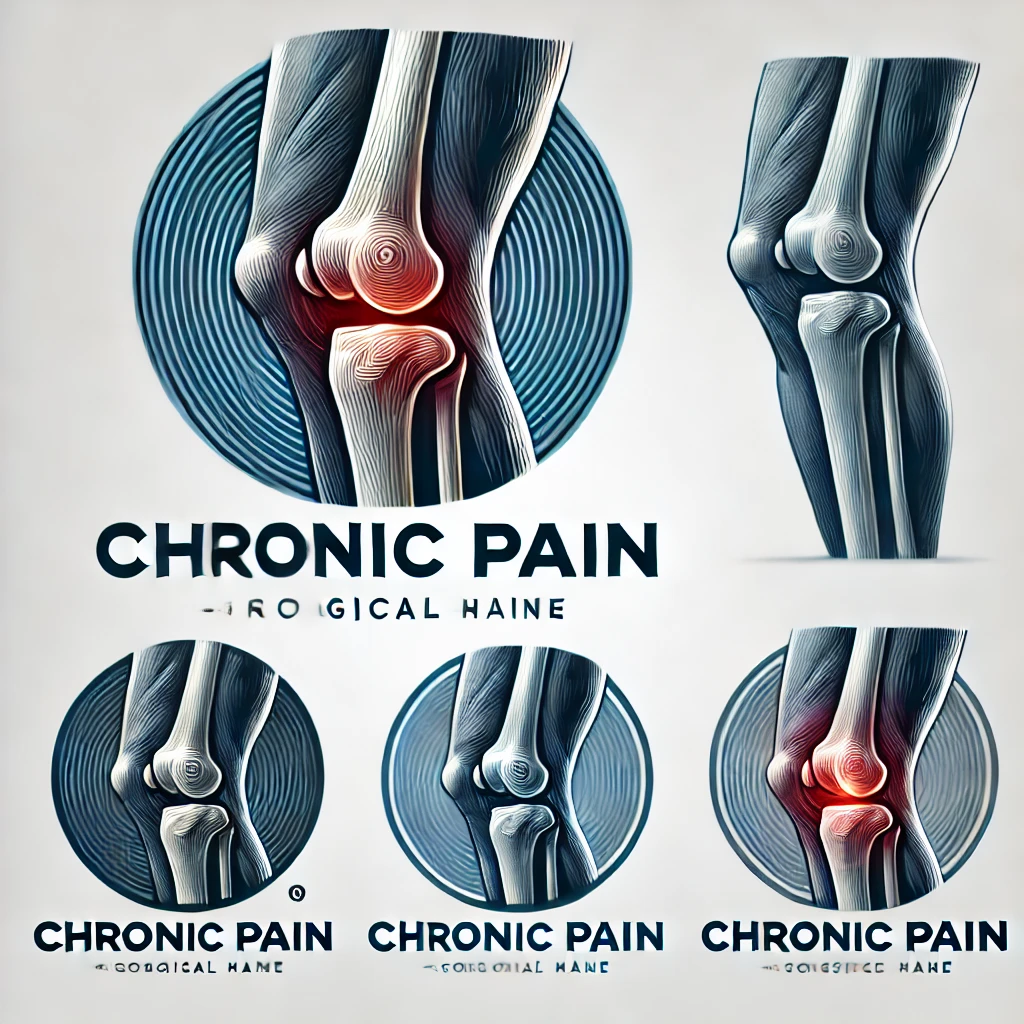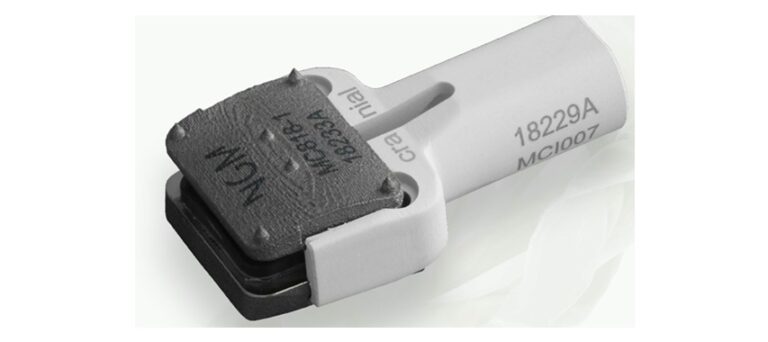Clinical Outcomes Research Coordinator – Steadman Philippon Research Institute
CLASSIFICATION: This is a full-time, year-round exempt position with benefits. Rental range: $80,000 – $105,000
The position requires a US work permit. For this position, we do not hire international students (non-US citizens or permanent residents), sponsor work visas, or hire anyone temporarily authorized to work in their field for a specified period of time (e.g., job/internship) .
MAIN RESPONSIBILITIES:
- Collaborate with surgeons and scientists to lead data registry research projects investigating patient-centered outcomes after surgery.
- Organize and lead a diverse team of employees to successfully execute projects.
- Oversee clinical outcome data collection methods, implementation, organization, and quality control.
- Develop research questions and study methods, collect data, and conduct analyzes to address hypotheses.
- Submit and maintain IRB applications and ensure protocol compliance throughout the project lifecycle.
- Manuscript preparation, submission and follow-up during the peer review process.
- Write abstracts, prepare podium and poster presentations for society meetings.
- Writing funding applications (industry, foundation, federal/state).
- Conduct other categories of research – systematic reviews/meta-analysis, articles on surgical techniques, collaborations with other SPRI departments and extramural teams including USOPC.
- Successfully manage multiple deadlines for numerous ongoing projects.
- Contribute to ongoing research with DOD, NIH, and IOC funded projects, SPRI departments, and extramural teams, including USOPC.
Job requirements:
- Master’s degree in a related field required (public health, epidemiology, medical sciences, statistics or data analysis, etc.).
- Preferred: PhD and/or 2+ years of related research experience with practical applied knowledge of research principles.
- Skills in data management and statistical analysis.
- Preferred: Experience with Structured Query Language (SQL) and at least one statistical software package (e.g. R, SPSS, SAS, etc.).
- Demonstrated proficiency in scientific methods, orthopedic terminology, experimental design, and data collection principles.
- Ability to handle confidential/sensitive information and exercise good professional judgment.






